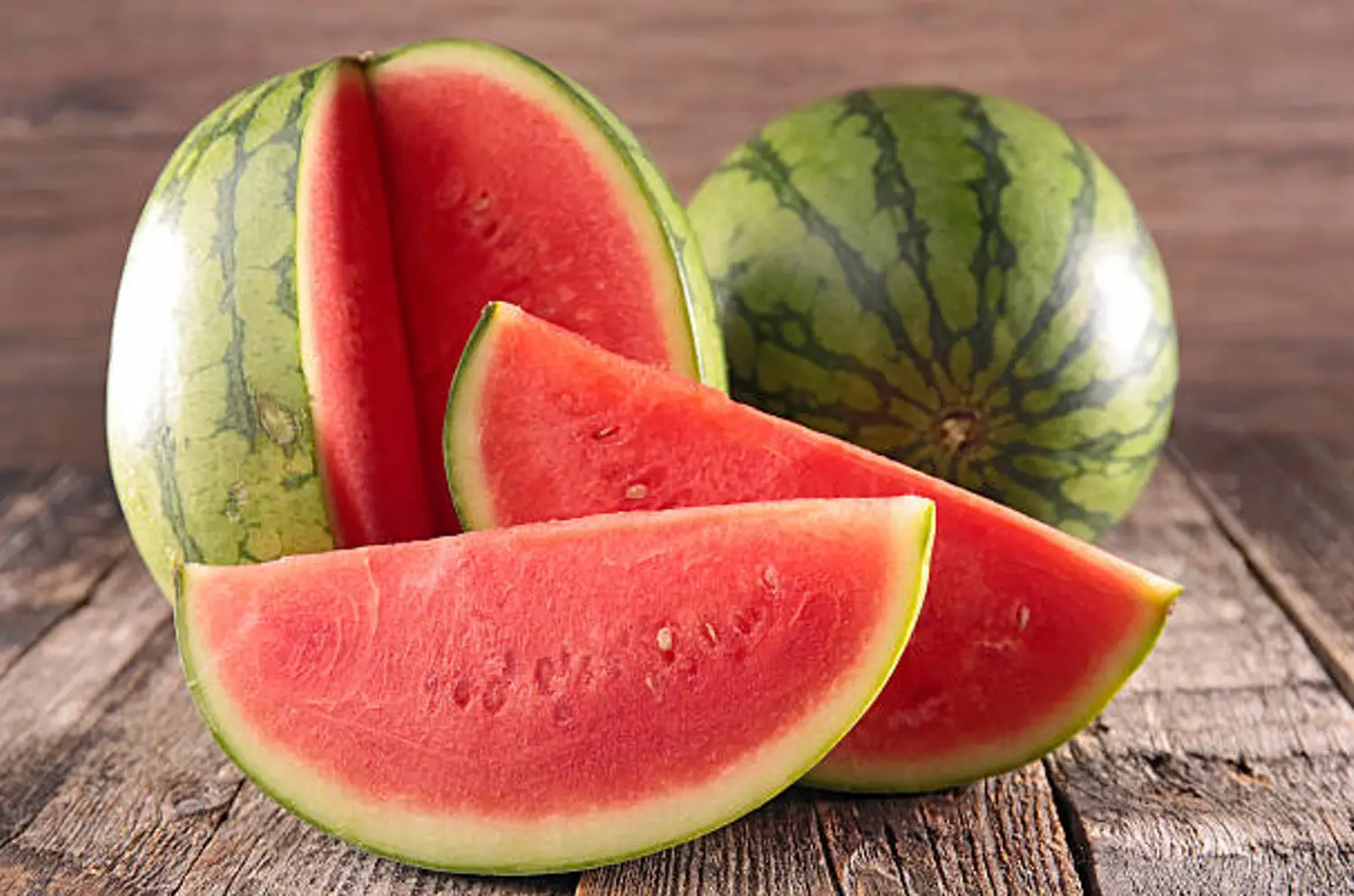
Can one kidney survive? Detailed answers from experts

In the human body, the kidneys play an essential role: filtering blood, eliminating toxins, regulating blood pressure, and maintaining water-electrolyte balance. We are born with two kidneys, but what happens if you only have one? The question "Can you live with one kidney?" concerns many people, especially those undergoing nephrectomy (kidney removal) or considering kidney donation. This article will help you understand the issue thoroughly and provide a scientific, comprehensive answer.
1. How the Kidneys Work in the Body
The kidneys are part of the urinary system, located on either side of the spine below the ribcage. Each kidney contains about one million filtering units called nephrons, responsible for filtering blood, removing waste, balancing electrolytes, and regulating blood pressure.
The kidneys also produce hormones like erythropoietin—which stimulates the bone marrow to produce red blood cells—and renin—which helps regulate blood pressure. Thus, kidneys are not only excretory organs but also important endocrine glands.
2. Can You Live with One Kidney?
The answer is: ABSOLUTELY YES.
Medical experts and clinical studies confirm that a person can live a healthy, normal life with just one kidney. In fact, many people are born with a single kidney (a congenital condition) or have one removed due to injury, disease, or donation, and they live perfectly well.
A healthy kidney can handle up to 75-80% of the body's filtering needs, which is enough to support normal bodily functions. After losing one kidney, the remaining one will gradually undergo "functional hypertrophy"—it becomes more efficient to compensate for the loss.
3. Common Reasons for Having Only One Kidney
a. Congenital condition
Some individuals are born with just one kidney and may not even know it until a routine health check. This is called solitary renal agenesis—it generally doesn't affect quality of life if the existing kidney functions well.
b. Surgical removal
Kidney removal (nephrectomy) may be performed for:
-
Treating kidney cancer
-
Non-functioning or malformed kidney
-
Serious injury or trauma
c. Kidney donation
Organ donation is a noble act. People who donate a kidney can live normal lives if their remaining kidney is healthy and they are properly screened beforehand.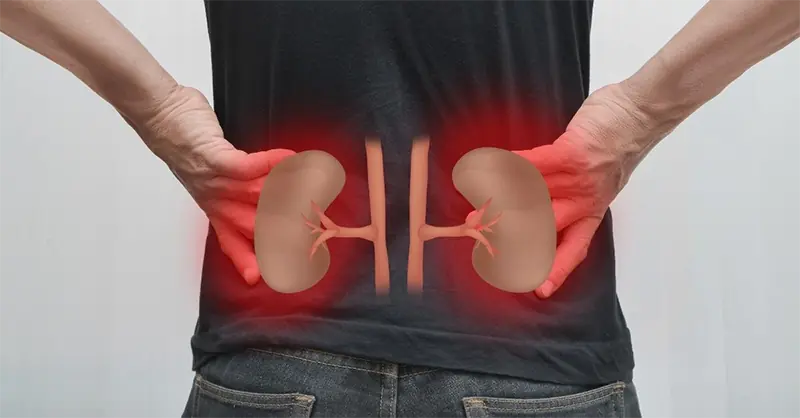
4. Important Considerations When Living with One Kidney
Even though it's possible to live with one kidney, individuals with a single kidney should pay attention to the following for long-term health:
a. Regular health check-ups
Have kidney function tests at least once or twice a year: blood creatinine, blood urea, electrolyte panels, and urine tests.
b. Healthy diet
-
Drink enough water (about 2 liters/day depending on your body)
-
Limit salt intake (as it puts pressure on the kidney)
-
Eat plenty of vegetables, reduce red meat and processed foods
-
Avoid excessive alcohol, tobacco, and caffeine
c. Avoid nephrotoxic drugs
Some painkillers like ibuprofen, diclofenac, and naproxen can be harmful to the kidneys when used long term. Always consult a doctor before taking medications.
d. Exercise and lifestyle
Engage in light exercise, maintain a healthy weight, and avoid high blood pressure or diabetes—these are leading causes of kidney failure.
5. Frequently Asked Questions (FAQs)
Q: Do I need a special diet with one kidney? A: Not necessarily, but you should reduce salt, animal protein, sugary sodas, and processed foods.
Q: Does having one kidney affect life expectancy? A: If the remaining kidney is healthy and you live a healthy lifestyle, your life expectancy is not significantly reduced.
Q: Can a woman get pregnant with one kidney? A: Yes, absolutely. However, it's important to have closer medical supervision during pregnancy.
Living with one kidney is entirely possible and safe if you understand your body and take proper care of your health. Consider it a reminder to lead a healthier lifestyle and get regular medical check-ups.
If you’re living with one kidney—rest assured: you are not alone. Millions of people around the world live active, healthy lives with just one kidney.
-
World Health Organization (WHO)
-
National Kidney Foundation (USA)
-
The Lancet Medical Journal, Mayo Clinic
News in the same category


The amazing health benefits of potatoes
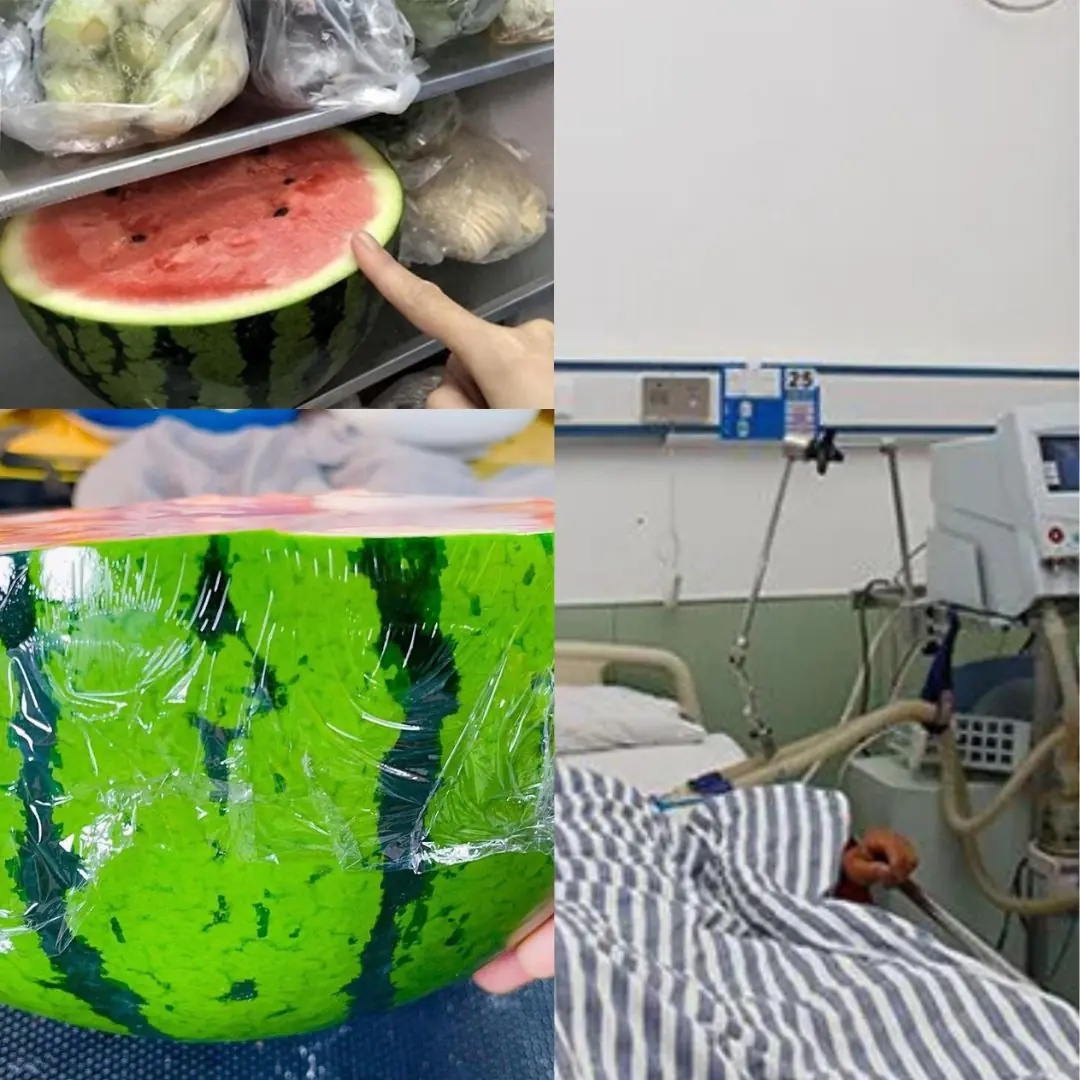
Whole family hospitalized after eating watermelon left overnight in the refrigerator: Mistakes in preserving watermelon that many people do

The disease quickly turns into cancer, changing lifestyle can 'treat' it but many people are still indifferent

Don’t Cook These Without Blanching First: 7 Common Foods That Could Accumulate Hidden To.xins in Your Body

Acute kidney injury is one of the dangerous diseases, seriously threatening the patient's health
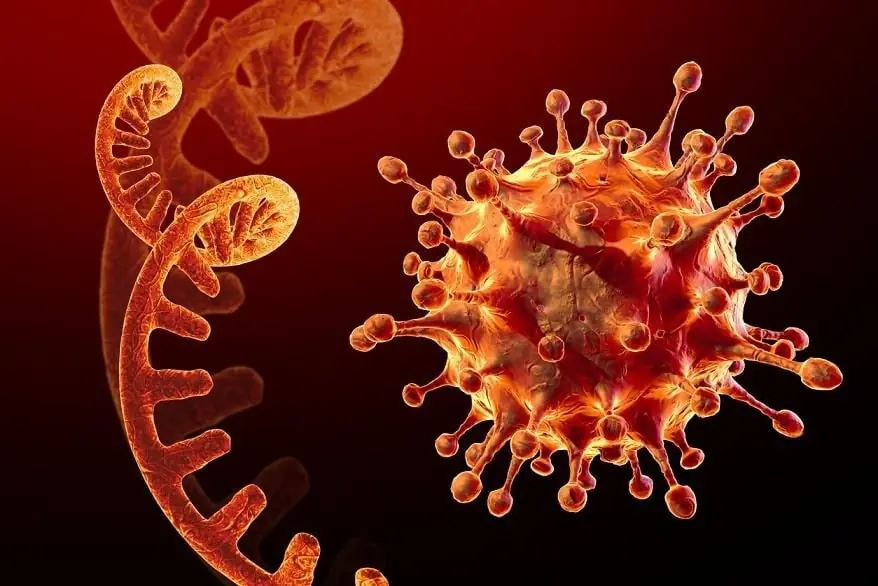
New COVID-19 Variant Shows Unusual Behavior: Doctors Warn of Early Silent Symptoms That Are Often Overlooked

Warning signs you may have a brain hemorrhage, don't ignore them or you'll regret it too late

Seemingly harmless natural foods can affect hormones in the body!

6 Things That Will Happen When You Start Drinking Coke Every Day

8 Early Signs of Arthritis You Should Never Ignore

5 Common Mistakes When Drinking Honey That Can Harm Your Li.ver and Kid.neys — Especially #2

Sweet but Risky: 7 Types of People Who Should Avoid Ripe Mangoes

5 warning signs of vitamin E deficiency
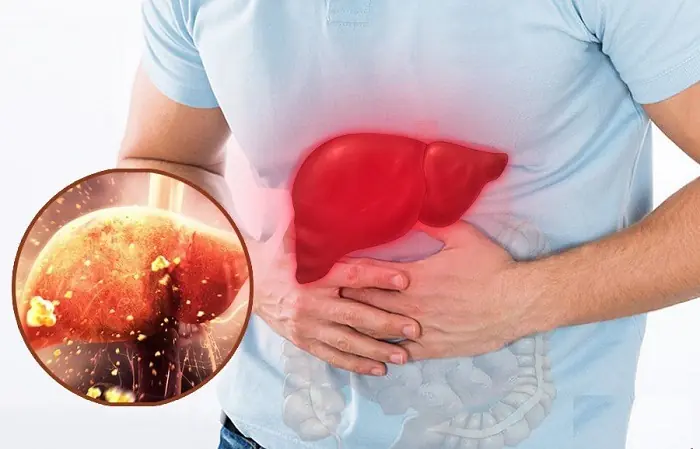
5 morning habits that are as harmful to the liver as drinking alcohol
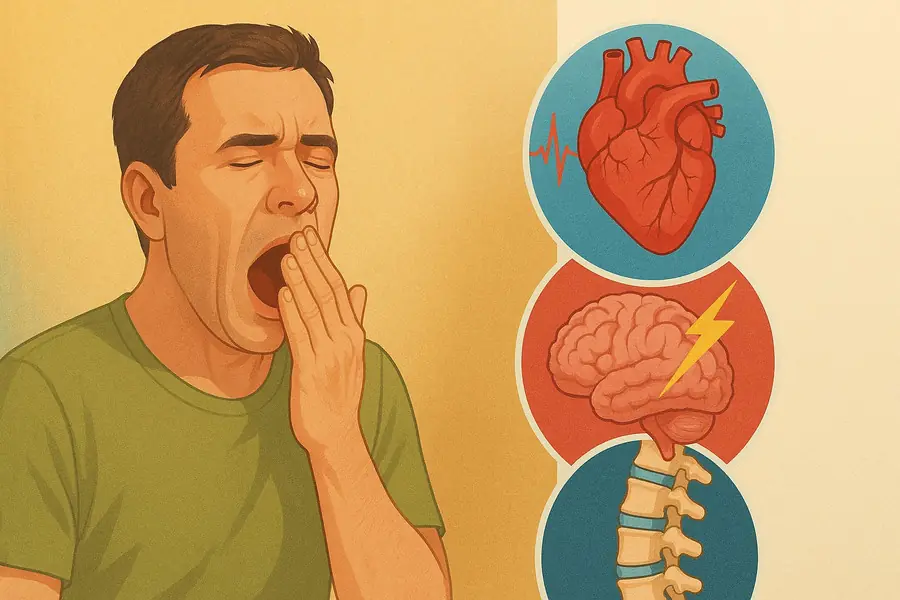
Excessive Yawning: A Sign of Many Dangerous Diseases
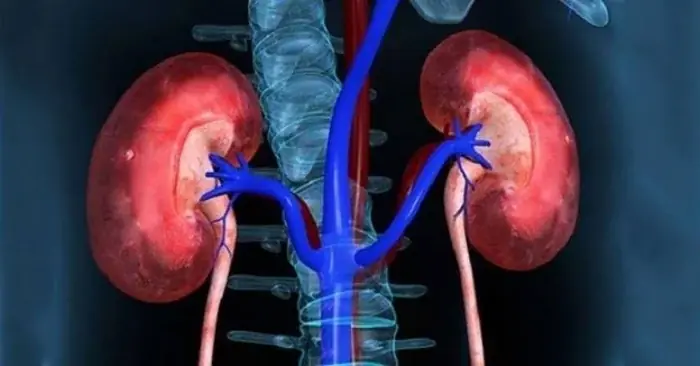
Warning signs of acute kidney injury should not be ignored

Warning: 3 Cooking Oils You Should Avoid Due to Cancer Risk — Don’t Sacrifice Your Family’s Health for Savings

Who should not eat potatoes?
News Post

How to properly preserve onions

These 5 groups of people shouldn’t eat watermelon

DIY Garden Sprinkler: Easy and Affordable Watering Solution Using Plastic Bottles

Tips to keep ripe avocados fresh longer

Baking Soda is a Gardener’s Best Friend: 10 Clever Uses in the Garden

Tips to help you save on your electricity bill

What is strange?

A Christmas Dream, and How It Came to Be True

The amazing health benefits of potatoes

Pay attention to these signs of your husband

Learn How To Grow Cucumbers This Summer

13 Best Tips for Planting and Growing Great Tomatoes

The Storyteller

You should consider carefully

The Open Window

Christmas Jenny

It was really a wise decision

Whole family hospitalized after eating watermelon left overnight in the refrigerator: Mistakes in preserving watermelon that many people do
